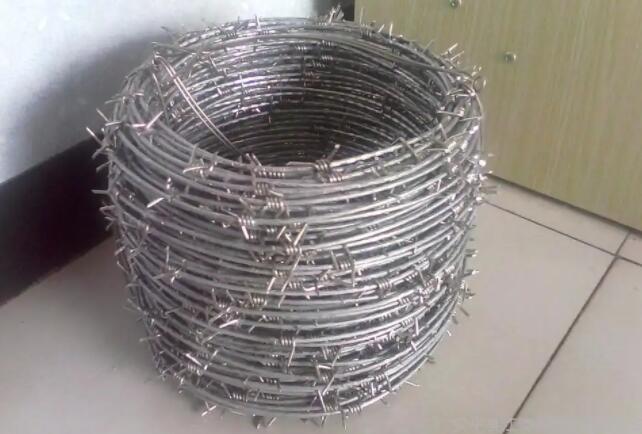Understanding Masonry Nails for Cured Concrete
When it comes to construction and renovation projects, the right fasteners are critical to ensure structural integrity and durability. One such fastener is the masonry nail, particularly when working with cured concrete. In this article, we will explore what masonry nails are, their specific types for cured concrete, and best practices for their use.
What are Masonry Nails?
Masonry nails are specially designed fasteners that are used to attach materials to masonry surfaces, which include concrete, brick, and stone. They are typically made of hardened steel to withstand the demands of heavy-duty applications and to provide a secure hold when embedded in tough surfaces. These nails often have a thick shank, which prevents bending, and a flared head that helps to grip materials securely.
Types of Masonry Nails
There are various types of masonry nails available, and selecting the appropriate one depends largely on the specific application. Common types include
1. Common Masonry Nails These are the most basic type and are suitable for general-purpose applications. They typically feature a smooth shank and a flat head, making them versatile for a variety of tasks.
2. Tapered Masonry Nails These nails have a point that tapers sharply, which helps to penetrate the concrete more easily. They are particularly useful for applications requiring precision and a snug fit.
3. Lead Anchors While slightly different, lead anchors can be used in conjunction with masonry nails to provide additional support. They are inserted into a pre-drilled hole, and the masonry nail is then driven into the lead anchor, ensuring a secure attachment.
4. Concrete Screws Although not a traditional masonry nail, concrete screws are another effective option for attaching materials to cured concrete. They offer an alternative with a thread design that provides a strong grip in concrete without the need for anchors.
masonry nails for cured concrete

Best Practices for Using Masonry Nails in Cured Concrete
Using masonry nails effectively requires attention to detail and adherence to best practices. Here are some essential tips
1. Select the Right Size Choosing the right length and thickness for your masonry nails is crucial. A longer nail may be needed for thicker materials, while a thicker nail can provide additional strength for heavy loads.
2. Pre-Drill When Necessary While masonry nails can be driven into cured concrete, pre-drilling pilot holes can help facilitate easier insertion and reduce the risk of cracking or damaging the concrete. The hole should be slightly smaller than the nail’s diameter.
3. Use a Hammer or a Nail Gun For driving nails into concrete, a hammer with a heavy head can provide the necessary force. Alternatively, a pneumatic nail gun specifically designed for masonry can ensure faster and more consistent results.
4. Drive Straight When hammering nails, aim to drive them straight into the surface. Angled drives can not only reduce grip strength but can also crack the concrete.
5. Check Load Capacity Be mindful of the load capacity for the nails you are using. If the installation will carry significant weight, consider additional supports such as brackets or more robust fasteners.
6. Finishing Touches After installing masonry nails, inspect the placement and make adjustments if needed. If you notice any nails that have not sunk completely, tap them lightly again to ensure they are flush with the surface.
Conclusion
Masonry nails play a vital role in construction projects involving cured concrete, providing a reliable means to fasten materials securely. Understanding the different types available and following best practices for their use can lead to successful outcomes in various applications. Whether you are completing a DIY project or involved in professional construction, the appropriate use of masonry nails can significantly impact the durability and stability of your work. Remember to select the right type and size, consider pre-drilling, and ensure precise driving for optimal results. With the right approach, masonry nails will serve as a trustworthy ally in your construction endeavors.

















